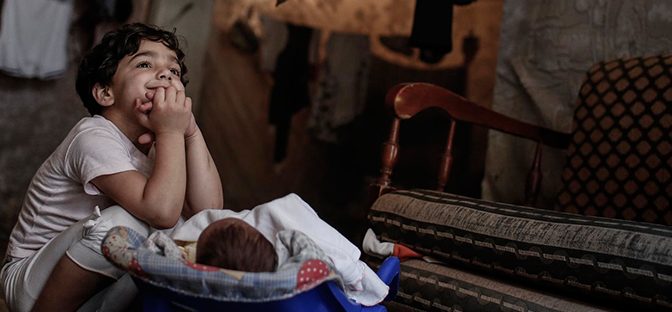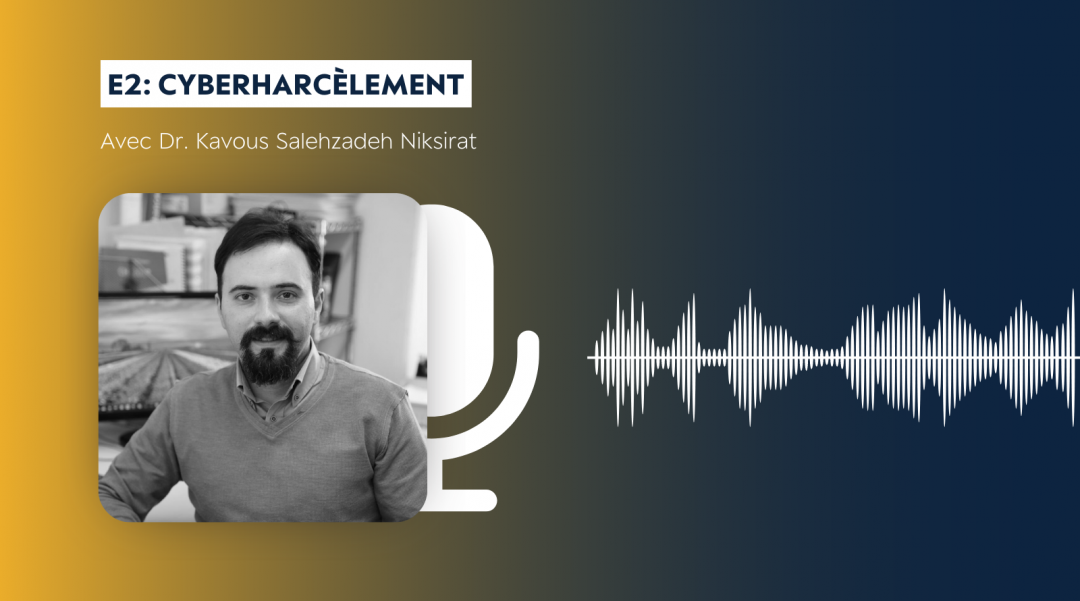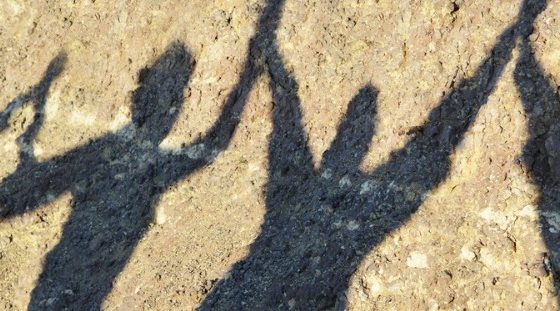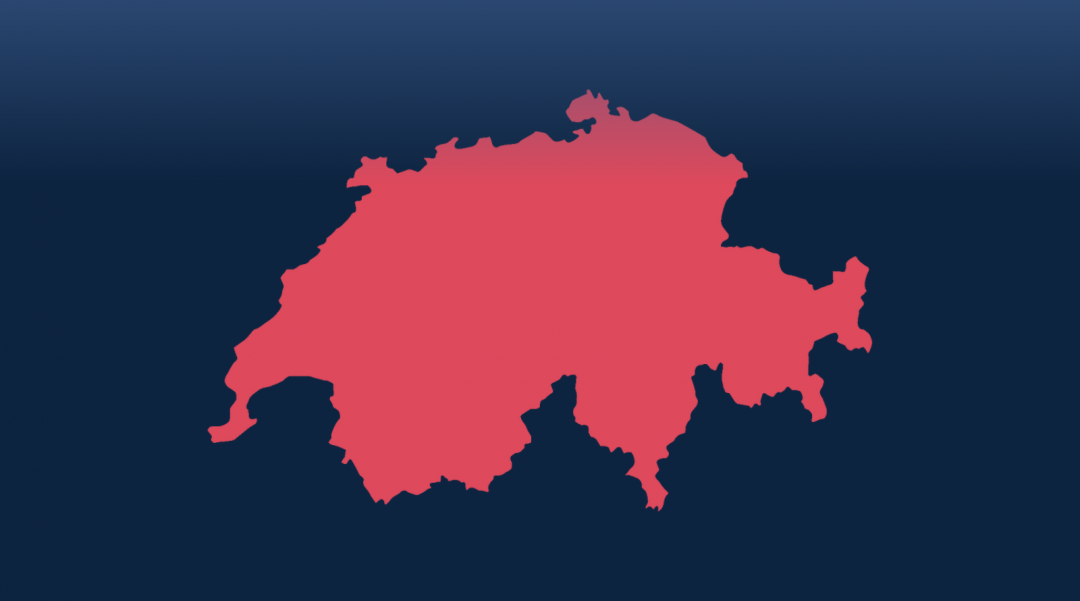When we think about the consequences of war we tend to think about the immediate casualties, the lost lives and the injured. Yet war also has many debilitating long term economic effects, including some that make the prospects of further conflict and misery much more likely.
You are an award winning economist, not a historian, yet a lot of your research focuses on conflict and its causes. Why?
While conflict has a huge impact in terms of loss of life and injury – some 20 million people died from conflict in the second half of the 20th century – there is also a significant economic cost. An average war destroys 15 per cent of GDP of a war-torn country. Out of the 34 poorest countries in the world, 20 of them have experienced conflict in recent years. So it’s difficult, for example, to study development economics, and investigate topics such as growth and prosperity without examining the connection with conflict.
Tell me more about the economic consequences of conflict.
Wars destroy physical capital, human capital and social capital. All three have a significant impact in the long run.
Physical infrastructure is crucial for development and if destroyed has a lasting impact. But we should remember that, given the resources, bridges and roads and other similar physical infrastructure can be rebuilt fairly quickly. It is harder, and takes much longer, to rebuild social and human capital.
What do you mean by social and human capital in this context?
Take education, for example. During wars schools are destroyed, conditions are too insecure and dangerous to send children to school. When people miss schooling over an extended period of time, the result can be a lost generation in terms of education. This can lead to low economic productivity later on, which harms countries economically in the long run.
It’s not easily rectified. If you didn’t go to school for a significant period of time between the ages of 5 and 15 because you live in an area where there has been conflict, you are unlikely to be able to catch up with your education. It’s hard to make up those missing years.
Health is another aspect of human capital that suffers during wars. Wars give rise to health problems that have an impact both in the short term and over a longer period. Post-Traumatic Stress Disorder, physical and cognitive injuries, these all make it difficult for sufferers to be as economically productive as they might otherwise have been. It’s more difficult for them to contribute to overall economic prosperity.
What about social capital?
Trust is a crucial ingredient for economic success. This is a topic I have explored in several research papers, such as a recent paper “Seeds of Distrust” where we looked at the impact of war on social capital and generalized trust and trust between ethnic groups in Uganda, at the beginning of the 21st century.
If people don’t trust each other it’s much harder to engage in any economic transaction that goes beyond a person’s immediate family or village. In a country where you don’t trust each other, you will not have trade at arm’s length that extends beyond the family and local community – consequently trade is much less efficient. If people just operate within their local radius it’s unlikely they will come up with the kind of innovation that can be marketed and sold on a global scale.
So trust is crucial.
Does your research reveal some factors that make conflict more likely?
Yes. Take resource inequality, for example, and the impact of where a resource is located. If you have one country with oil close to its border next to another with no oil, or oil far from the border, there’s a strong incentive for the country without oil to attack the country with oil and try to seize that oil. It’s the asymmetry of access to resources that’s key, here.
Or in a civil war, if the oil is located in the homelands of a discriminated ethnic minority group there’s a big risk its location will fuel conflict. In this case due to the incentives the resource provides for breaking away from the dominant ethnic group. Think of the Kurdistan area of Iraq, or the Niger Delta in Nigeria, or Timor Leste (East Timor).
Are there other findings that relate to natural resources?
There’s a link between natural resources and mass killings. The incentives for a cynical regime to massacre people from its ethnic minority groups are bigger in countries where the wealth comes from oil. If the wealth comes from productive labor, then massacring their own people is prohibitively costly for dictators as it depletes the productive workforce.
But if the resources come from under the ground, in the form of oil, for example, then it can be lucrative for cynical leaders to rid themselves of large parts of the population. That way a leader shares less of the profits from natural resources with others, but is still able to maintain the production of those profits.
Another reason why natural resources, and mineral wealth in particular, increase the conflict risk is that it makes it easier for rebels to fund their actions. If a rebel group has access to blood diamonds, for example, it is easier to pay the soldiers, and this can make the conflict last longer.
Given your findings about the causes of conflict what can be done to prevent conflict in the future?
There are things we can do. A good example is my recent work on democracy where, with my co-author, we find that democracy has an ambiguous effect on the risk of conflict.
Democracy decreases the willingness of people to rebel as they are happier under democracy. But it also increases the means to rebel. In totalitarian states you might want to rebel, but don’t have the means. In Switzerland you might have the means, but have less wish to rebel.
However, in a country with an intermediate level of democracy you have both. A degree of democratisation may mean you have the opportunity to organise rebellion and violent protest, and there’s still sufficient motivation for some people to rebel.
So countries struggling towards democracy – as in the Middle East and North Africa during and after the Arab Spring – have this inherent instability. Are they destined to fail?
Not necessarily. The factors which make democracy a force for peace are stronger in rich countries. In rich countries there is a kind of accountability effect that reduces the grievances of people once they are in a democracy. This effect is stronger in rich countries.
So while it’s very important to push for democracy, and in particularly full democracy, not just intermediate democracy, at the same time we have to be careful. It would be good for newly democratised countries if rich western countries provide strong economic assistance.
If you push for democracy in a country that’s very poor and ethnically divided, it’s a good idea to have some peacekeeping troops with international backing, as well as some major funding projects in place to boost the economy of that country.
It is naïve to say: “let them have free elections, and then there will be peace.”
Does your work on conflict have any relevance to the current situation in Syria?
It does. Some of the research I’ve been involved with demonstrates a link between trust and conflict. It is a vicious cycle. Conflict destroys trust, if trust is lower then we trade less, if we trade less then the costs of doing war goes down, and so we have more conflict.
If you grow up in a horrible environment like the current situation in Syria, trust will be negatively affected throughout your life.
So this has a bearing on the way the Syrian refugee situation is handled?
By allowing the refugees from Syria to go to Europe, for example, where they can benefit from good schooling systems and a stable environment, their children will grow up happier, better educated, and more trusting. In turn, this will better enable them to rebuild Syria into a prosperous stable country later in their lives.
Of course whether or not the refugees go back to Syria will depend on the state Syria is in. I believe we absolutely need to have generous policies in terms of accepting the refugees here in Europe. But, of course, at the same time, we need to find a political solution to the crisis, which may have to include power sharing institutions between different ethnic groups.
Relevant publications on this topic:
- Caselli F., Morelli M., Rohner D., The Geography of Inter-State Resource Wars. The Quarterly Journal of Economics, In Press.
- Esteban J., Morelli M., Rohner D., Strategic Mass Killings. Journal of Political Economy, In Press.
- Morelli M., Rohner D., Resource Concentration and Civil Wars. Journal of Development Economics, In Press.
- Rohner D., Thoenig M., Zilibotti F., Seeds of distrust: conflict in Uganda. Journal of Economic Growth 18(3), pp. 217-252, 09-2013.
- Rohner D., Thoenig M., Zilibotti F., War Signals: A Theory of Trade, Trust and Conflict. Review of Economic Studies 80(3), pp. 1114-1147, 07-2013.
- Hodler R., Rohner D., Electoral terms and terrorism. Public Choice 150(1-2), pp. 181-193, 01-2012.
- van der Ploeg F., Rohner D., War and Natural Resource Exploitation. European Economic Review 56(8), pp. 1714-1729, 11-2012.
Featured image by Oxfam International / Flickr CC




